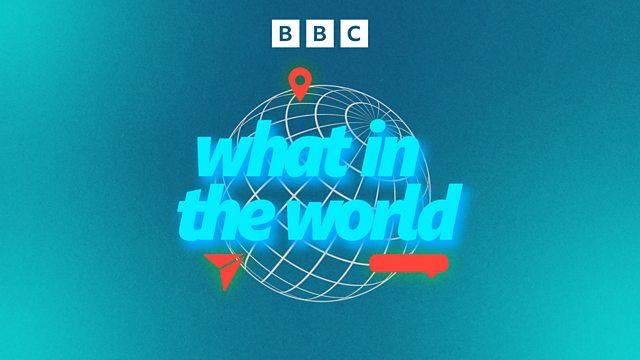Africa and FGM: When will it end?
The Gambia could be about to reverse its ban, but elsewhere rates are going down.
Female genital mutilation affects around 230 million women and girls globally, with rates highest in Africa. FGM is considered a human rights violation and has no health benefits. That’s according to World Health Organisation. Hibo Wardere, a survivor from Somalia, recounts her ordeal and discusses the importance of education in ending the practice.
The Gambia banned FGM in 2015, but it could be about to reverse this. Βι¶ΉΤΌΕΔ journalist Esther Ogola, who’s based in Nairobi, explains why. We also hear how Kenya has more than halved its victims - and discuss the likelihood of the practice ending by 2030, which is the UN’s goal.
Note: This episode contains some graphic descriptions of FGM.
Email: whatintheworld@bbc.co.uk
WhatsApp: +44 0330 12 33 22 6
Presenter: Hannah Gelbart
Producer: Imogen James
Editor: Verity Wilde
Last on
Broadcasts
- Tue 4 Jun 2024 17:50GMTΒι¶ΉΤΌΕΔ World Service News Internet
- Wed 5 Jun 2024 02:50GMTΒι¶ΉΤΌΕΔ World Service East and Southern Africa, South Asia, West and Central Africa & East Asia only
Podcast
-
![]()
What in the World
Helping you make sense of what’s happening in your world.


